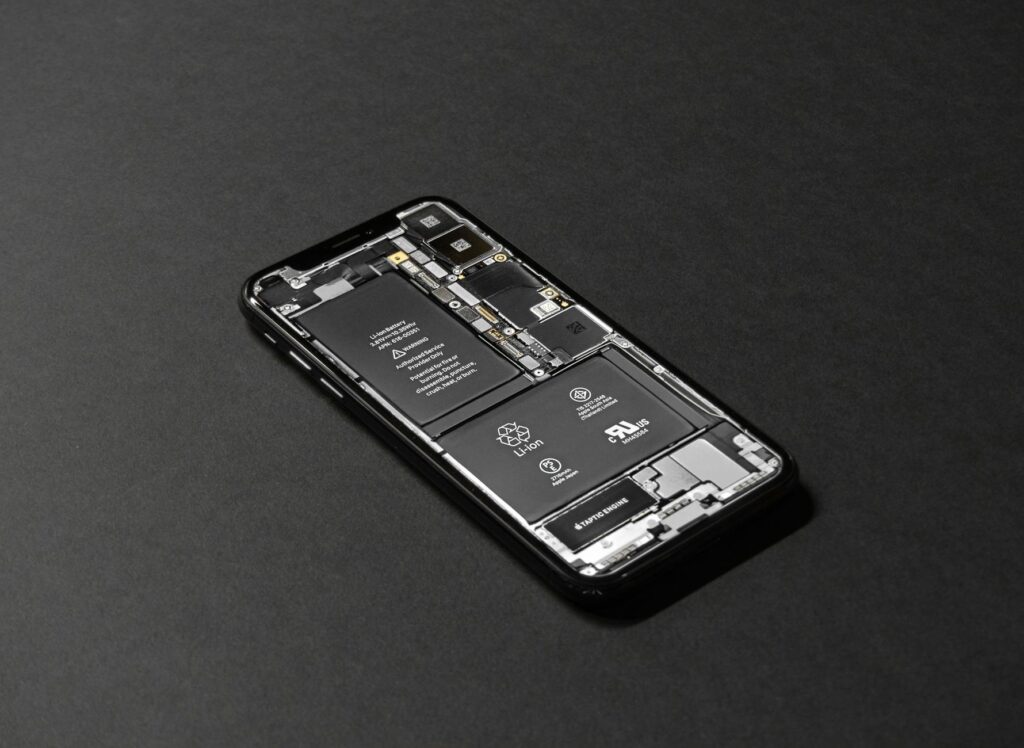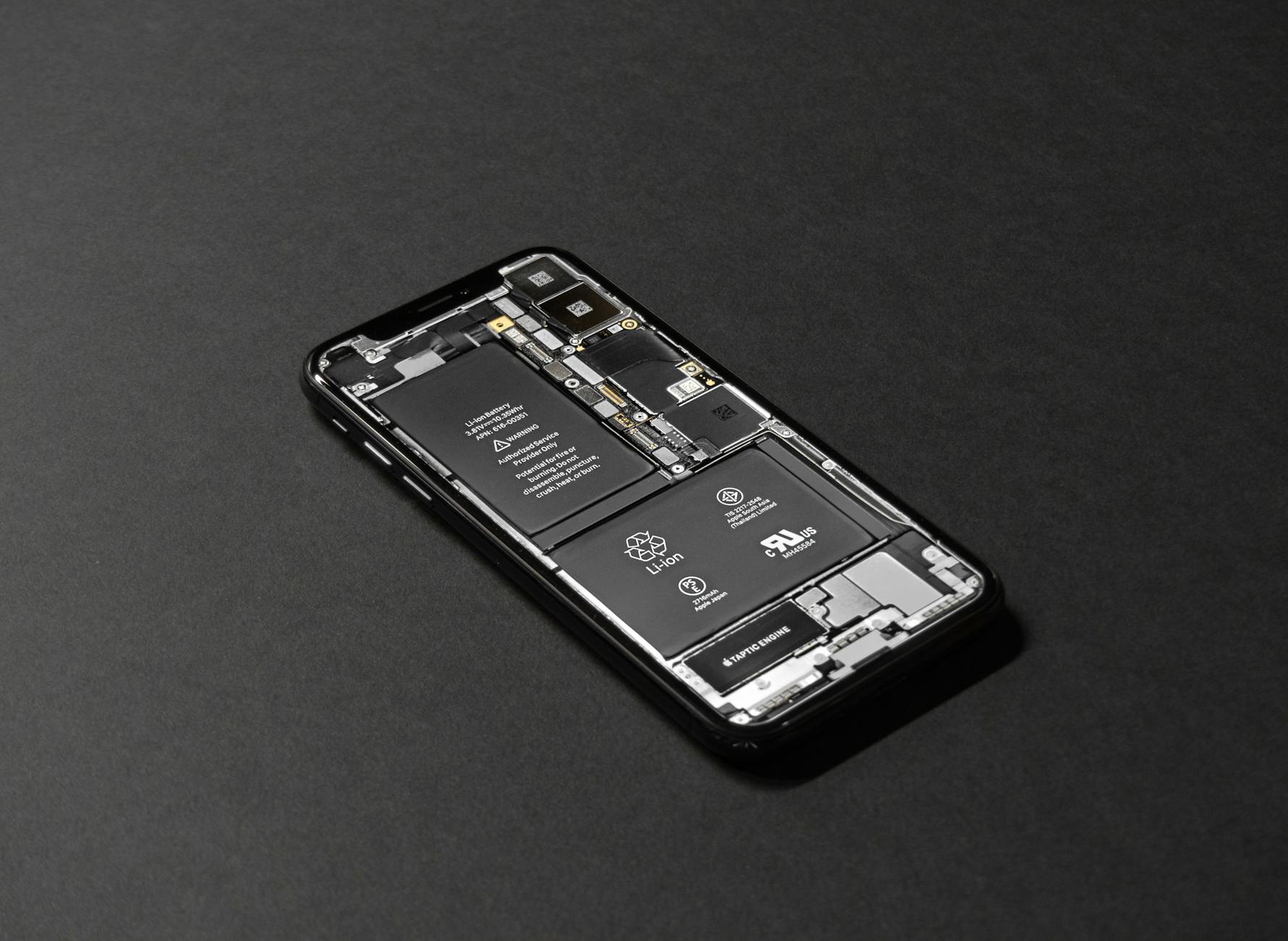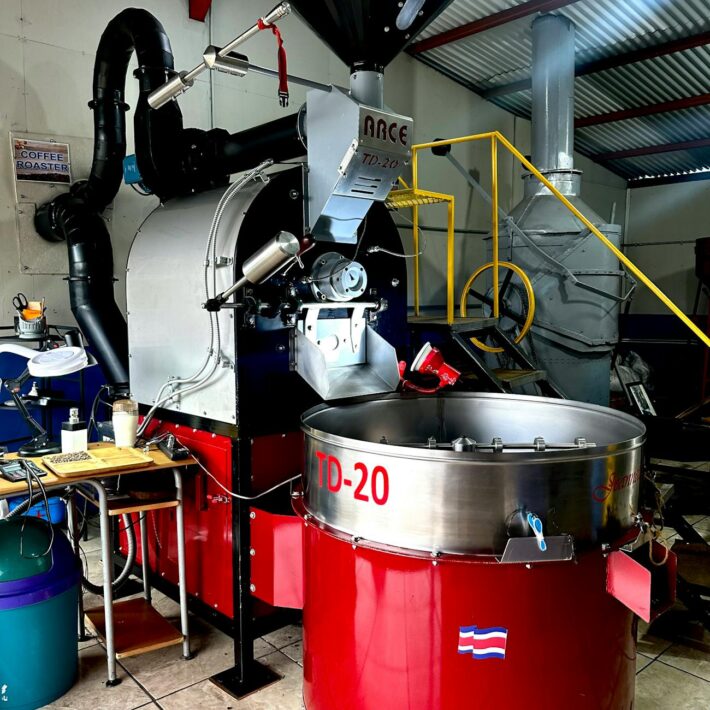Lithium-Ion Battery Recycling Business Ideas to Start in 2024

Contents
Lithium-Ion Battery Recycling Business Ideas to Start in 2024
The demand for responsible e-waste management is skyrocketing, and lithium-ion battery recycling presents a compelling business opportunity. This article outlines innovative business ideas and strategies to capitalize on this growing market in 2024.
Lithium-Ion Battery Recycling Business Ideas
Recycling lithium-ion batteries offers a unique opportunity for entrepreneurs. This sector is poised for significant growth, and the ideas presented below encompass diverse aspects of the recycling process, from collection to manufacturing.
Collection and Sorting
Effective collection is paramount for a successful recycling operation. Collaborating with electronics retailers and setting up mail-in programs are potential strategies. Establishing mobile collection units can serve diverse communities. A crucial step in the process is the precise identification and sorting of different battery types. Proper sorting is essential for efficient recycling processes and to prevent contamination, allowing for targeted material recovery and processing.
 Photo by Tyler Lastovich (https://www.pexels.com/@lastly)
Photo by Tyler Lastovich (https://www.pexels.com/@lastly)
You need to effectively differentiate between various battery chemistries and identify potential hazardous materials correctly for safe handling and disposal, which is crucial. The process should strictly follow industry best practices.
Material Recovery and Processing
Efficient material recovery is vital to cost-effective recycling. Advanced technologies, including shredding, crushing, and chemical processes, enable the separation of valuable metals from the battery structure. This is a critical process that requires strict adherence to safety procedures to protect workers and minimize environmental risks. Environmental-friendly procedures are crucial in maximizing profit and reducing your carbon footprint.
Recycling and Manufacturing
Recovered materials from batteries can be repurposed to create new products. Refining the recovered materials for high quality and controlling quality are crucial aspects to success. Establishing partnerships with manufacturers to utilize recycled materials opens a new revenue stream.
Market Analysis and Trends
Understanding market demands for recycled materials is essential for a profitable venture. Analyzing competitors in the market and identifying potential challenges helps in crafting a competitive strategy. Staying informed about emerging trends in battery technology and recycling technology are key to sustaining a growing business.
Safety and Environmental Regulations
Strict adherence to safety regulations and environmental standards is crucial throughout the recycling process. Handling hazardous materials requires meticulous care and adherence to waste management guidelines. Necessary permits and certifications should be carefully reviewed and acquired for legal operations.
Finance and Funding
Gathering funding for equipment, permits, and labor is an important step. Seeking grants, loans, or investor capital is essential. A detailed business plan coupled with financial projections are important in gaining funding.
Business Strategies and Planning
Strategic planning and execution are vital for long-term viability. Exploring potential partnerships and mergers could strengthen your market position. Effective strategies, including business models catering to specific segments, are key in maximizing your return. For instance, focusing on specific types of batteries can help you tailor your approach. For example, you could focus on batteries for electronic devices versus batteries for electric cars.
Marketing and Sales
Develop a targeted marketing strategy to promote your services. Understand the needs and preferences of your customer segments to connect better with them. Communicating your business's commitment to responsible waste management builds trust with customers.
Legal and Regulatory Considerations
Navigating the legal and regulatory aspects of battery recycling is critical. Knowing environmental regulations, licensing requirements, and waste management compliance is essential to operating legally and responsibly.
Management and Operations
Effective management and operational strategies are critical. Establishing efficient resource allocation and process optimization is essential. Building a capable team knowledgeable in the various aspects of the business is important.
Conclusion
The lithium-ion battery recycling market in 2024 presents exciting opportunities for entrepreneurs. This sector offers considerable growth potential by establishing ethical and eco-conscious recycling processes. Implementing detailed planning and staying informed about the market trends and regulations can maximize returns in this sector. Exploring and implementing each of these business strategies should help you establish a successful operation.

As our Chief SEO & Branding Strategist, Robert Ellison is a digital marketing visionary with over 25 years of experience transforming brands through smart, data-driven SEO and impactful storytelling. Known for his expertise in aligning technical SEO with authentic brand narratives, he leads our team in creating strategies that boost search rankings while building strong, sustainable brand identities. A trusted advisor and frequent industry speaker, Robert combines deep technical knowledge with creative insight, helping our clients not only reach the top of search results but also genuinely connect with their audiences.








